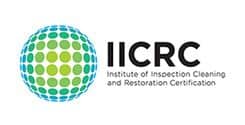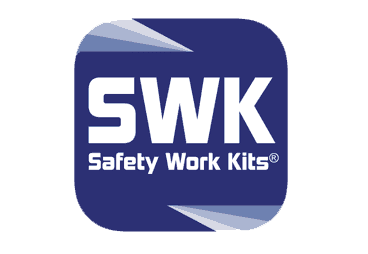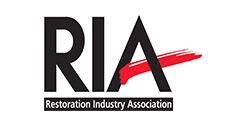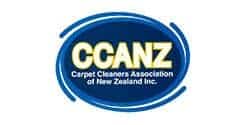
When you return home from vacation, you discover a little pond has formed in your basement. Something has spilled, overflowed, or burst in the house. What was your initial reaction? Panic. Your second question is, "How can I get insurance to cover water damage?" Take a deep breath and stay calm. The steps that follow will assist you.
Take immediate action to stop more water from flowing where it shouldn't. This might involve turning off your home's main valve (which usually takes a wrench) or turning off a single water supply valve. Before a tragedy happens, it's a good idea to look into water leak detection systems and automated shutdown valves.
If the water damage is unexpected or unintentional, it is covered by homeowners insurance. Water damage caused by a lack of house care or negligence is not covered. Flood water damage restoration is also not covered (unless you have a separate policy for flood insurance). As a result, check to see if your homeowner's insurance policy covers the sort of water damage you've experienced.
When it comes to water damage, time is of the essence. According to FEMA, mould and mildew can occur 24-48 hours after exposure. Unless you can properly clean and dry the area, it's a good idea to call a water damage/restoration business at the very least.
Before moisture or mildew develops, a water damage/restoration firm (WD/RC) is frequently called in to pump out any standing water and completely dry any surfaces. Request client references from your town or neighbourhood. Without speaking with at least one other contractor, don't sign any contracts or commit to extra work.
Flooding might bring pollutants from the home or waste water into the mix. There's a chance you'll get electrocuted. Mold spores can pollute the air even after any standing water has been removed. Most insurance plans cover hotel and food expenses if you have to leave your home.
Take pictures of any items that need to be replaced or cleaned. Wet things are only part of the problem when it comes to water damage. Moldy objects in drawers or closets should be properly cleaned as well. You might be able to get reimbursed for those costs.
An adjuster from your insurance company will come to your house to inspect the damage caused by an accident. In addition, the adjuster will enquire about the source and date of the damage. The insurance company is interested in learning if it was someone else's fault.
An insurance adjuster will provide you with a written estimate of the cost of repairing your house. The amount of your estimate is most likely based on an actual cash value, or ACV. ACV is the current value of your property, not the price you bought for it.
Meeting with many contractors may not be necessary for small work. When it comes to a large project, it makes sense to pick the finest partner possible. You will not be told who to employ by your insurance provider. You are responsible for vetting contractors and ensuring that they are appropriately licenced and insured.
Negotiation may not be necessary for modest claims. Larger projects, on the other hand, present complications in terms of aligning your adjuster and contractor. Ask your agency to act as a mediator if you don't have the stomach to haggle over what defines like-kind replacement materials.
Insurance companies use complex formulas to determine which risks (and which clients) are worth taking. This allows them to remain profitable enough to assist the individuals they have promised to assist. If they promised they could help everyone—regardless of loss history they'd be out of business pretty quickly.

Harry Virk is the director of CleaningPro Auckland. He has years of experience in the cleaning industry and his company is expert at providing exceptional cleaning services in Auckland. He has a passion for helping people and making sure that their homes are clean, tidy, and ready for visitors.




